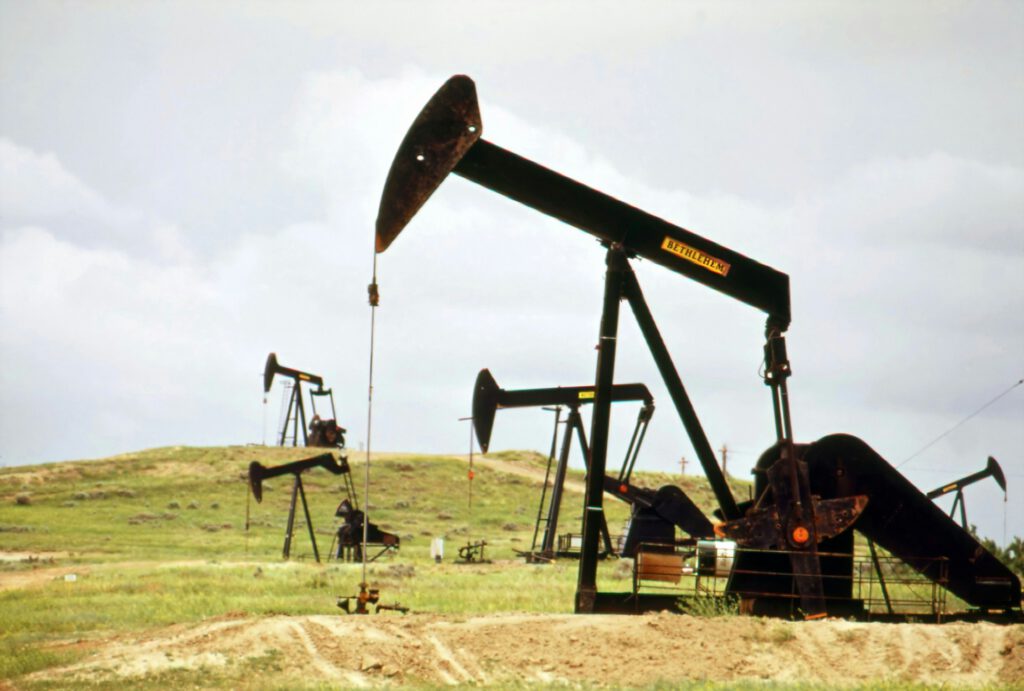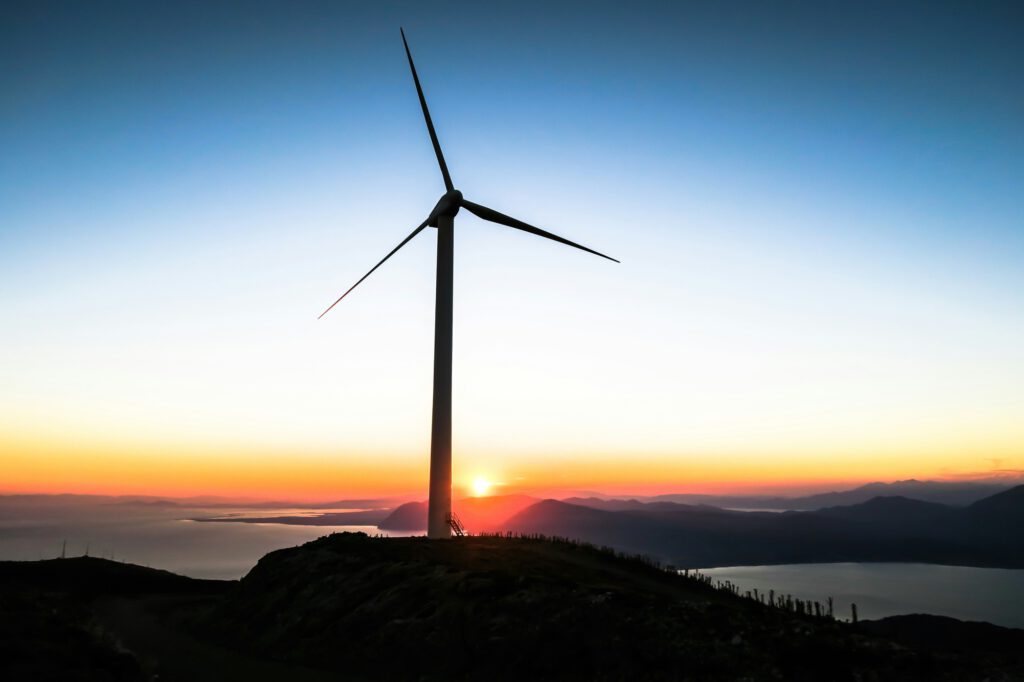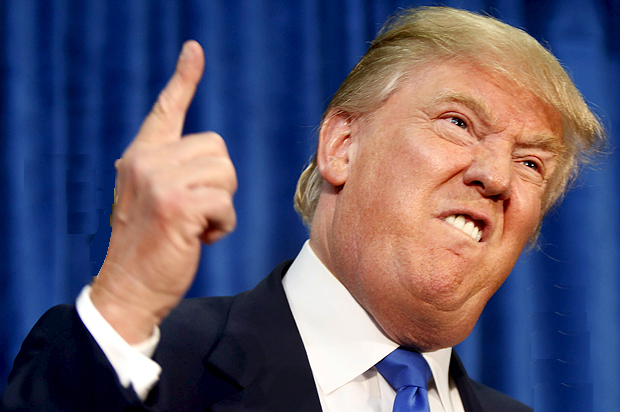By


The claim that the trade balance between the U.S. and the EU is unfair to the United States simply doesn’t hold up.
It’s true that the goods trade balance shows a €157 billion surplus in favor of the EU.
However, that figure doesn’t include services—especially not software and digital revenues.
The services trade balance, in contrast, shows a €109 billion surplus in favor of the U.S.
Taken together, the total trade deficit shrinks to just €48 billion—only about 3% of total transatlantic trade volume.
But even that number distorts the reality—in America’s favor. That’s because the services trade balance doesn’t account for revenues from tech giants like Google, Amazon, Meta, or Apple. These companies bill from their European subsidiaries—often in Ireland or Luxembourg—so their revenue is classified as intra-European trade, not U.S. exports.
Some examples:
- Google generates over €100 billion annually in the EMEA region. Ads and Google Workspace invoices come from Ireland.
- Amazon earns over €50 billion in Europe—through its HQ in Luxembourg.
- Meta (Facebook) generates around €40 billion per year in Europe. Again, billed from Ireland.
- Even Apple Store purchases are invoiced from an Irish entity.
Bottom line: A massive share of real U.S. exports—especially in the digital economy—is not included in the official trade data.
If we look at the numbers honestly, it’s clear: It’s not the U.S. that deserves compensation—it’s the EU that’s getting shortchanged.
A Commentary by Werner Hoffmann
Donald Trump’s populist calls for new tariffs on European imports may sound patriotic—but in reality, they would isolate and weaken the United States economically, politically, and ecologically.

1. A global strategic shift—with climate consequences
Governments and corporations worldwide are already recalibrating their strategies:
- Audi has completely halted exports to the U.S.
- Companies like Porsche, VW, and various suppliers are pivoting back into the defense sector, just as Porsche did during the Cold War.
- Businesses are diversifying their markets, shifting focus to Asia, India, Latin America, and within Europe.
- And they’re investing in new production lines outside the U.S.—what economists call horizontal diversification.
This shift also brings a powerful climate effect: Redesigning production means redesigning energy use. Companies are moving away from fossil fuels, implementing energy-efficient and renewable solutions in their new infrastructure.

So ironically, Trump’s tariffs are accelerating the global energy transition—without U.S. involvement. He’s unintentionally triggering a technological and ecological transformation that leaves American industries behind.

2. Reindustrialization? Pure fantasy.

Trump wants foreign companies to “bring their factories back to America.” But there’s a problem: There’s no one left to work in them.
- The U.S. unemployment rate was just 3.8% in March 2025—essentially full employment.
- His plan to mass-deport non-Americans would make labor shortages even worse.
Who exactly is supposed to staff these new factories? The labor simply isn’t there.
3. Trust destroyed
Global companies need stability, predictability, and reliable trade partners. Trump’s policy offers the opposite:
- Trade agreements are canceled on a whim.
- Tariffs are imposed unpredictably.
- Allies are attacked in public speeches.
The result: A growing number of firms are choosing to pull out of the U.S. altogether.

Conclusion: Trump is hurting America—economically, geopolitically, and ecologically

Tariffs may score points with some voters—but in the long run, they will isolate the U.S. from global trade, accelerate its geopolitical decline, and exclude it from the global climate transformation.
The world will keep trading—but increasingly without the United States.
Sources:
- EU Trade & Services Balance
- Google EMEA Revenue
- Amazon Europe Revenue
- Meta (Facebook) Europe Revenue
- Philipp Klöckner Newsletter
- LinkedIn article by Moritz Klussmann
Hashtags:
#TrumpTariffs #TradeWar #EUUSTrade #DigitalEconomy #TaxAvoidance #FossilFuelsDecline #GreenTransition #GlobalSupplyChains #EconomicNationalism #AmericaAlone


